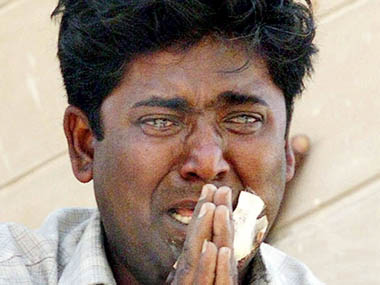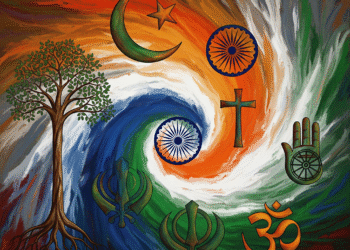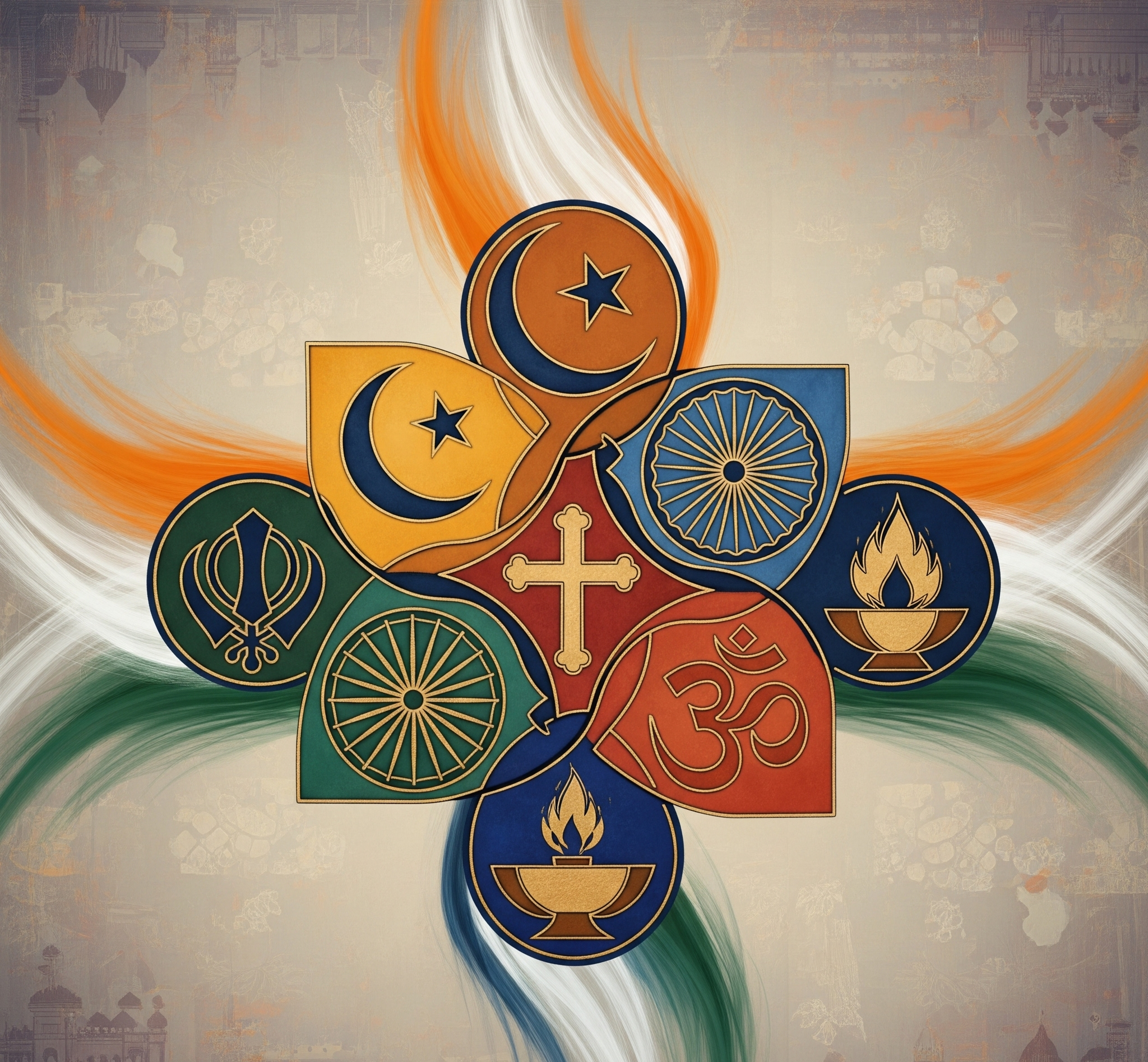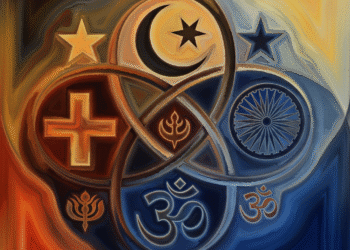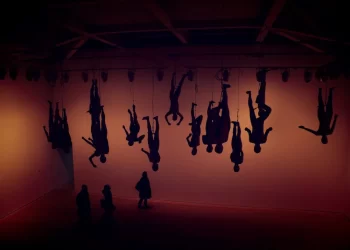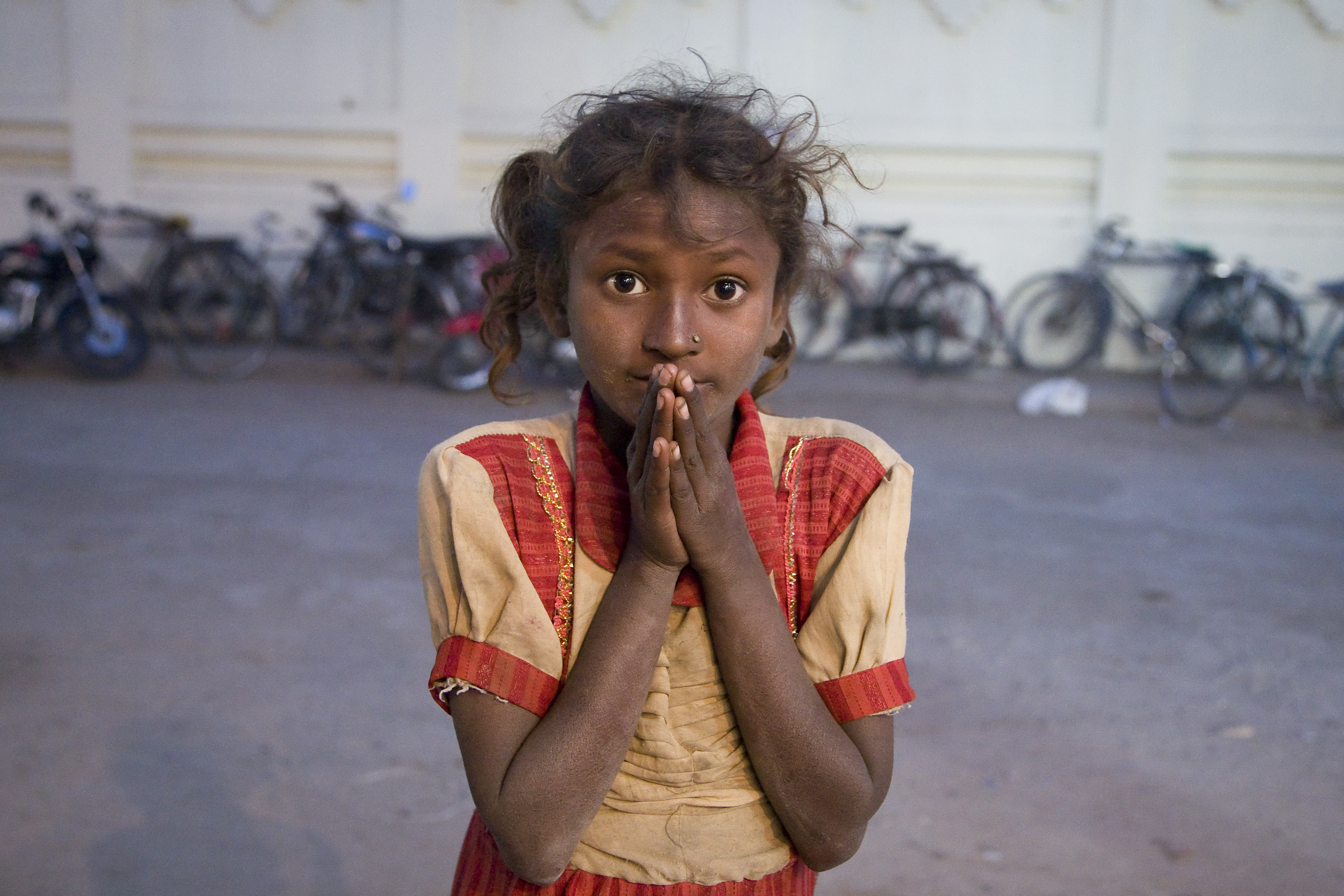Let me start off by admitting that no matter how hard I try I just can’t forget Gujarat 2002. No, I was not personally affected by the pogrom; not even remotely. And, no, I am not a Muslim behind a Hindu pseudonym, in case you are wondering. I am a normal Indian. An average Indian who believes in simple things, and has simple – almost naive – ideas about justice and righteousness. And someone who would not like to believe that we live in a world that runs on heartless pursuit of selfish goals and we live for no ideals greater or higher or better than individual ‘pursuit of happiness’.
But at the same time I am not as much of a novice in the ways of the world as to not know that one must relegate the bygone to the dark, dingy, limitless recesses of the past, and forget about it. Turn a new, milk-white page, draw out a clean sheet and start all over again, like there was no yesterday. That’s the way forward. Is it? That’s how one must live, for that’s how life works – forward. Living in the past served nobody, benefited none. History must not be read, much less taught. Look around, the world is what it is because of the past. If the past was any different, the present would also be considerably different; and perhaps far less happy. Why less happy? Why not more? Because a ‘different past’ means ‘less of present’? And ‘less’ in what sense? In terms of happiness? And whose happiness? The grand total of happiness? Does the quantum of sadness offset the quantum of happiness, like ‘negative marking’? Is quality of happiness also taken into account? And is the darkness and density of sadness also similarly measured and considered? None of these questions can be answered because the very first question is unanswerable from the very start.
 Logically, a ‘different past’ could only produce a ‘different present’, and not a ‘better’ or ‘worse’ present. Since ‘present’ is just one entity, it’s being ‘better’ or ‘worse’ is out of the question, for there is nothing as real and as tangible to compare it with. This makes all possible comparisons logically invalid exercises in drawing parallels and pointing out discrepancies between the real and the imagined.
Logically, a ‘different past’ could only produce a ‘different present’, and not a ‘better’ or ‘worse’ present. Since ‘present’ is just one entity, it’s being ‘better’ or ‘worse’ is out of the question, for there is nothing as real and as tangible to compare it with. This makes all possible comparisons logically invalid exercises in drawing parallels and pointing out discrepancies between the real and the imagined.
So, why get into the past when there is nothing to be gained from it? Live in the present, for that is all there is to life – living in ‘now and here’. How comforting is the thought of breaking free from the past. Just how irresistible is the way out. Released from the past, how liberating the present feels. Yes, a ‘present’ suspended mid-air in the middle of nowhere would look pretty much liberated and possibly would also feel truly liberating provided there actually ‘is’ such an unfettered, born-out-of-nothing ‘present’ possible. But actually there is no such ‘today’ that wasn’t born of a ‘yesterday’, and no such thing as a ‘self-born’ present.
“The roads were all clean and smooth. No potholes. The investment from all over has been massive. The buildings. The malls. The industries. That’s what development is! Man! The nation must learn something from this! Really!” Wearing long, rockstar-like hair, smartly dressed in sports attire with a baseball cap to complete the package, this young man was a Delhi University student pursuing M.Phil. in Philosophy. So, I can justifiably consider the fellow ‘well educated’ and ‘well informed’. We were talking casually on a birthday party, and he did not know much about me, or the views I hold. Clearly, he was assuming a few things. And from the fact that I am quoting somebody talking of ‘development’ in a particular State of India, it is very easy to guess the Indian State being talked about.
I kept hearing, and kept nodding to keep him going so that if he really had a point, I did not miss it simply because what he said had not made a great deal of sense that far, for anybody can turn wise anytime at all. And yes, he did manage to thoroughly convince me of a few things. One of them was that the ‘development’ was extremely important, and one who brings about ‘development’ could rightfully indulge in a few excesses.
He also convinced me that riots were a result of public anger, which must be allowed venting in the larger interest of the society. When I asked the obvious question, it was vehemently pointed out that there were anti-Sikh riots in 1984 in the Congress-ruled states, and they, ‘too’, could not do anything about it. And I was left wondering briefly as to what these riots had to do with those riots, and where was the distinction? This was wrong, and so was that. So, where was this bizarre defense going? But it did not take too long for me to realize the attack that he imagined he was facing. A very similar sentiment is detectable when it is argued that even the Muslims in Gujarat approve of Modi’s developmental policies, and are ‘happy’ under Modi’s ‘rule’.
But it’s a monumental mistake to think that this is about BJP versus Congress, or Hindus versus Muslims. It’s simply about state versus citizens. And it’s all that my complaint relates to. So, even if a Muslim is or all Muslims are prepared to ‘forgive’ Modi, it would still not suffice because popular opportunism cannot accord moral legitimacy to something as heinous as a state allowing its own citizens to be brutally raped, maimed and slain.
But I was still listening intently until I realized that he had begun repeating himself citing instances of injustice to justify other instances of injustice. He continued, and I kept nodding for a while. And then I tuned out, like I always do.
Originally written as part of my monthly column — STREET LAWYER — in LAWYERS UPDATE. However, the Editorial Board found the piece too hard hitting and a bit too politically charged to be published. Published on my WordPress Blog on May 4, 2013.

